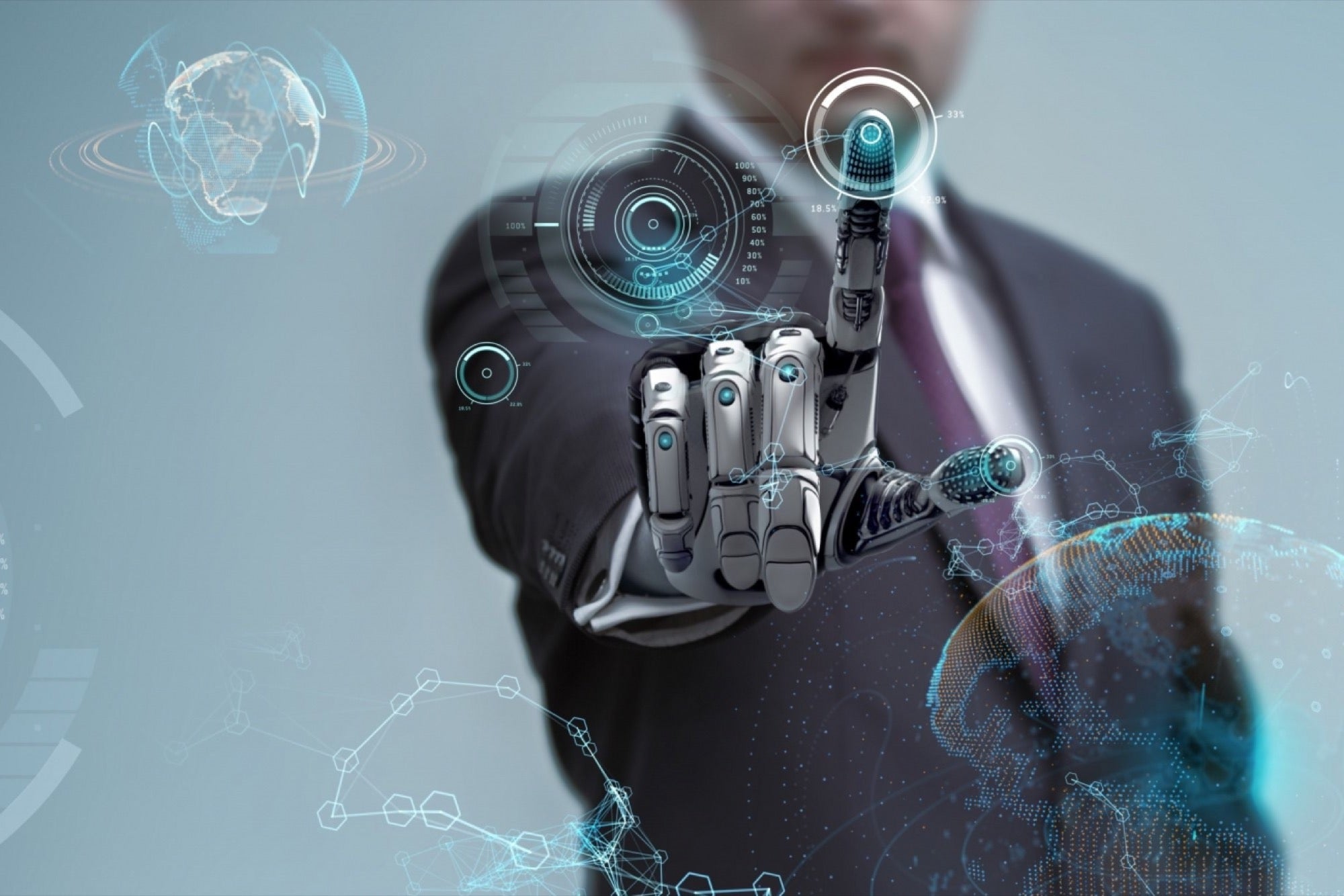Rise of The Robotics in Jobs According to a new report, over 20 million jobs will be taken over by robots by 2030
You're reading Entrepreneur India, an international franchise of Entrepreneur Media.

Technology is changing our lives every day and reshaping our world in different ways. Flying cars, drones delivering your food to smart homes are fast becoming a reality. The world of artificial intelligence (AI) is changing the way we interact with the world. As these technologies increase productivity and make lives easier they are going to replace some work activities that humans perform currently. According to a recent report, robots could take over 20 million jobs by 2030 as claimed by economists. Economists analyzed the automation trend in workplace and noted that use of robots worldwide has increased threefold over the past two decades.
Benefits That Robots Will Bring
Robots are starting to become cheaper than human workers and they can work in a diverse environment with ease. Researchers have predicted that robots will bring benefits with respect to productivity and economic growth. The economic effect of a 30 percent rise in current robot installation rate by 2030 would contribute to 5.3 percent increase in global GDP. Robots are much faster as compared to humans and efficient as well. This equates to adding $4.9 trillion per year to the global economy by 2030.
Drawbacks That Shouldn't be Ignored
Income inequality will increase despite the economic growth. As more robots will replace humans the tens of millions of jobs will be lost, especially those sectors which rely on low skilled workers. This will automatically translate to income inequality. It is predicted that China, the world's second largest economy accounts for around one in five of the global stocks of robots. By 2030 around 11 million jobs in China will be lost and in the US the number is expected to be 1.2 million as per reports.
Will There be Enough Jobs in the Future
This gives rise to the concerns about whether there will be enough jobs in the future given the rise of potential automation. Although with time market will adjust to the technological disruptions new jobs will be created. According to analyses and research new types of occupation might be created by 2030. Larger challenge will be to ensure that workers have appropriate skills and support needed to transition to the new jobs. Although with enough investment and innovation there can be enough new job creation to offset the impact of automation.
The future looks promising with the advancement of artificial intelligence and robots inhabiting the workplace. At the same time it looks bleak for humans if robots take over majority of jobs.










